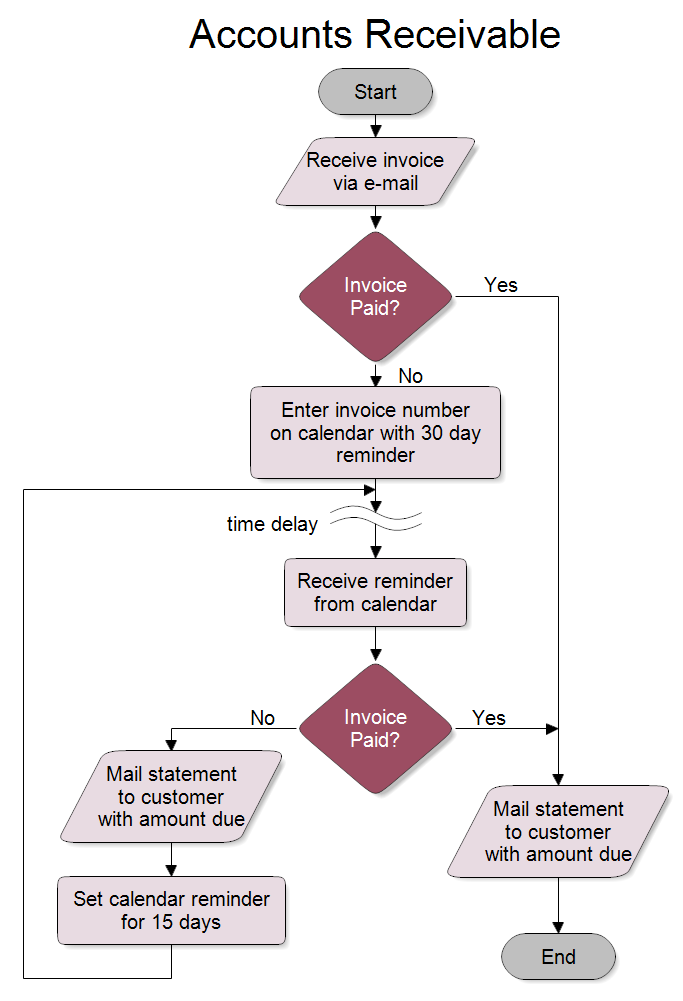Accounts Receivable Factoring: How It Works

It also retains an amount equal to 10% of the accounts receivable for probable adjustments against discounts, returns and allowances etc. The number one reason to factor invoices is to quickly provide your company with cash to fund a new project for a client. Most payment terms require the client to pay in 30, 60, or 90 days, which can limit the number of clients you take on while you wait for invoices. With factoring, you have the cash in hand almost immediately to provide payment terms to clients and start on new projects. For instance, a factoring company could charge you 1% of the value of the invoice per month.
Customized Solutions: How to Choose the Right Factoring Company for Your Business Needs
While often lumped in with loan options, invoice factoring isn’t technically a loan. When you sign on to work with a factoring company, they pay you for the invoice and take on the responsibility of collecting payment from the client. Choosing a new financial partner is significant, and a business should properly weigh all factors (no pun intended). Unfortunately, some financial service providers lock companies into contractual agreements for products that aren’t a fit. To understand what accounts receivable factoring is, it’s important to know what it is not. This distinguishes between accounts receivable factoring and accounts receivable financing.
- The factoring company takes on more risk with non-recourse factoring, so rates tend to be higher — and advance rates may be lower.
- Examining the sales process and the sales representative’s attitude can also be helpful indicators.
- The net result of the arrangement is that Sample Company exchanged $85,000 of its receivables for $80,000 cash.
- Join the thousands of people like you already growing their businesses and knowledge with our team of experts.
An Introduction to Accounts Receivable Factoring
Accounts receivable factoring deals with the sale of unpaid invoices, whereas accounts receivable financing uses those unpaid invoices as collateral. Borrowers will receive financing based on what their accounts receivable is worth. Then, once the invoices are paid—the collections process in this scenario resides with the seller—the borrower pays the lender back, with fees. Accounts receivable factoring is the sale of unpaid invoices, whereas accounts receivable financing, or invoice financing, uses unpaid invoices as collateral. Business owners receive financing based on the value of their accounts receivable. The practice of factoring is beneficial because it allows a company to boost its cash flow in the short term.
How can an accounts receivable factoring company help your business?
Nicknamed “Astro,” the automation system processes a substantial volume of factoring client cash transactions. The company plans to expand its implementation across multiple factoring operations in the future. You may have policies in place for when this happens, but what if you’ve sold the invoice to a factor? Riviera Finance specializes in invoice factoring and works with businesses in a variety of industries including transportation, utilities, energy, and more. The factor will charge a separate fee for its services when it purchases your Accounts Receivable. This fee is usually not more than 1% of the total sales price and it may be negotiable.
What is an A/R factoring company?
Let’s also say that your business will be $10,000 short in meeting payroll if those payments aren’t made on time. Seasonal businesses with fluctuations in cash flow, such as holiday-related manufacturers or wholesale whom may i claim as a dependent manufacturers, may need additional cash to cover operating expenses during off-seasons. Accounts receivable factoring can be a reliable source of funding to bridge the gap between slow and busy times of the year.
Drawbacks of Accounts Receivable Factoring
Finally, the factoring company pays you whatever remains between the amount you were advanced and the full invoice amount minus fees. For instance, if a factoring company charges 1% per week and your client takes four weeks to pay, you’ll owe 4%. Recourse means that should a borrower’s customer not pay, the factoring company will retain “recourse” over the borrower (the vendor), meaning they can demand repayment. Non-recourse factoring means that the factoring company is out of pocket should the vendor’s buyer not settle its invoice. Fast approvals and quick funding can be alluring, but these conveniences may come at a cost.

Award-winning Bankers Factoring is the A/R factoring company with the lowest fees and highest advance rate. You can qualify for non-notification accounts receivable factoring with a strong enough balance sheet. With recourse factoring, you’ll be held responsible if your clients fail to pay the factoring company. This type of factoring often requires a personal guarantee, but may come with lower fees and higher cash advances.
Ensuring that a factor is reputable, respected, and abides by all applicable laws and regulations is essential. Equity investors are an option, but once again, without history, justifying a substantial valuation can be difficult. The business may not have enough equity, or the investors may ask for more than the owner will relinquish.
Many, or all, of the products featured on this page are from our advertising partners who compensate us when you take certain actions on our website or click to take an action on their website. Upgrading to a paid membership gives you access to our extensive collection of plug-and-play Templates designed to power your performance—as well as CFI’s full course catalog and accredited Certification Programs. By providing feedback on how we can improve, you can earn gift cards and get early access to new features. Ask a question about your financial situation providing as much detail as possible.

